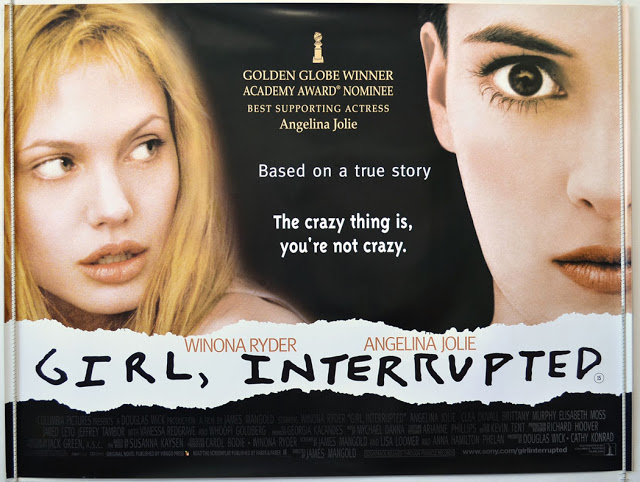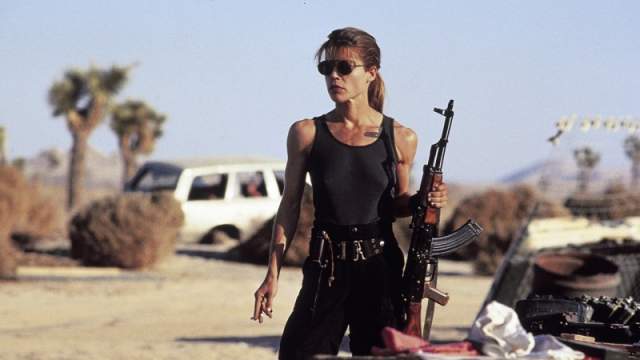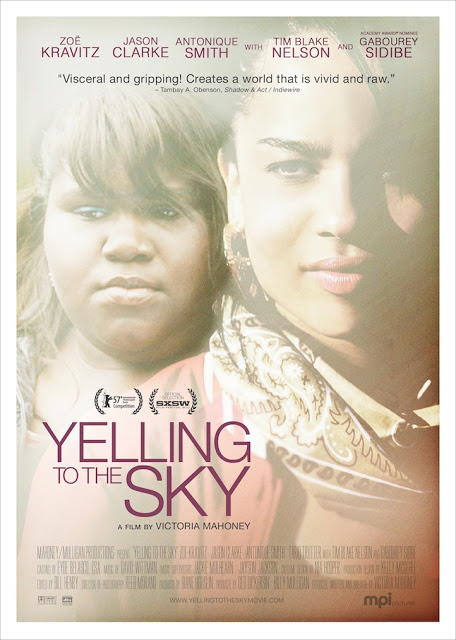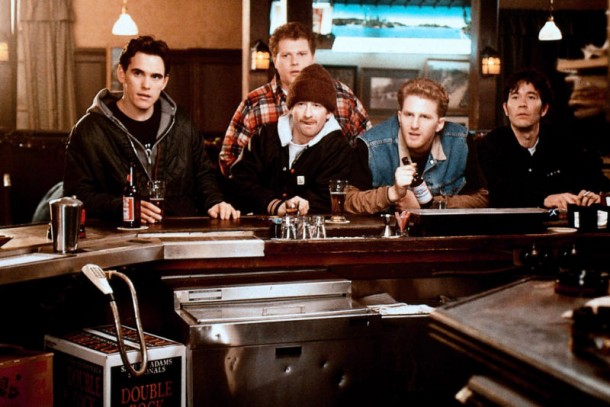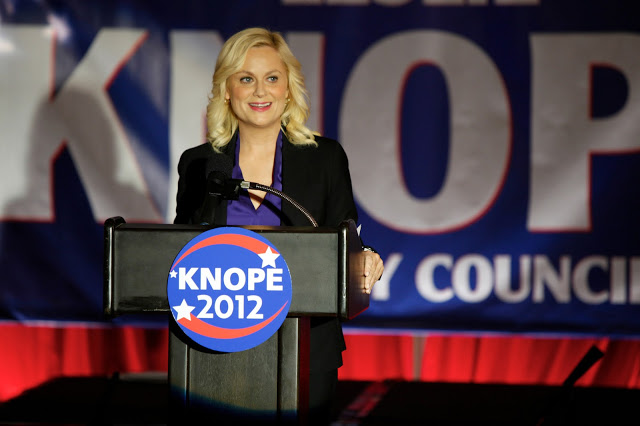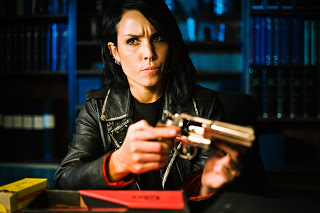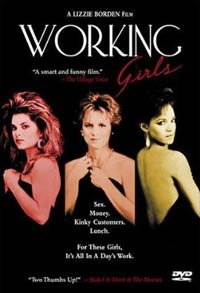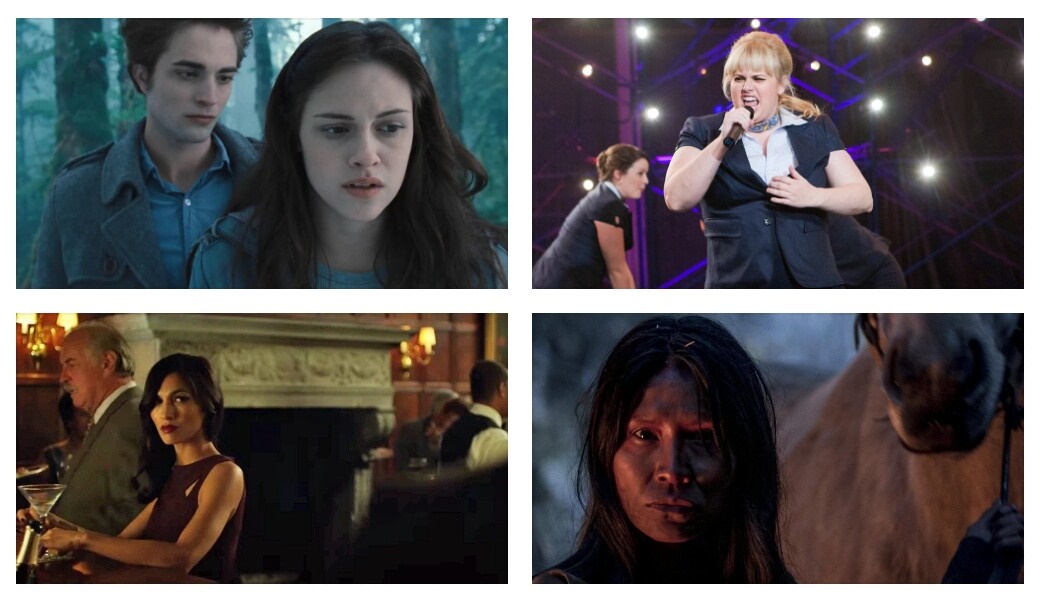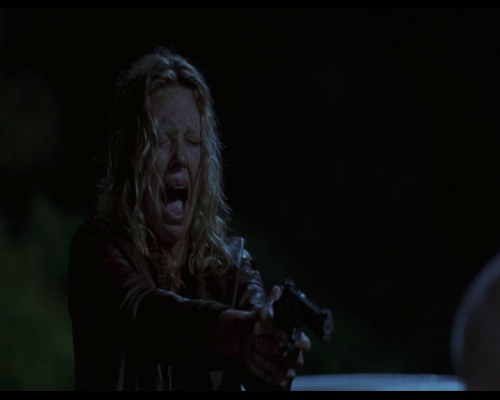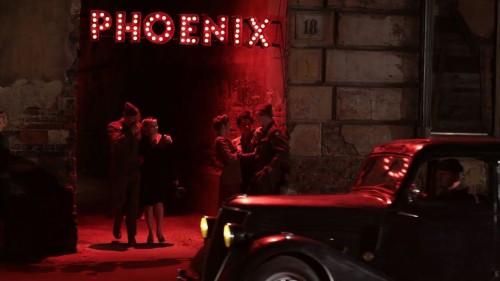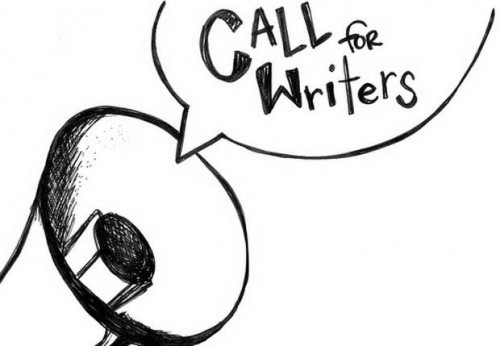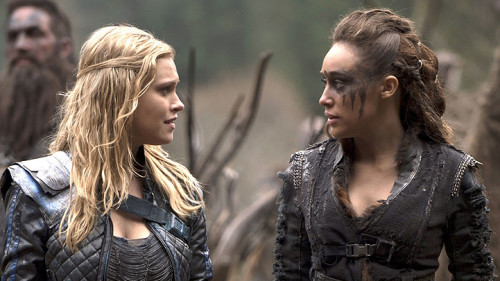Disabilities Week: Crazy Bitches Versus Indulgent Little Girls: The Binary of Mad Women in ‘Girl, Interrupted’
Movie poster for Girl, Interrupted This is a guest review by Sarah Domet. At first glance, Girl, Interrupted appears to be Hollywood’s version of feminist nirvana. It’s a veritable oasis in an industry where only 23% of speaking roles belong to women, an industry that tends to only depict women as supporting characters for the … Continue reading “Disabilities Week: Crazy Bitches Versus Indulgent Little Girls: The Binary of Mad Women in ‘Girl, Interrupted’”
